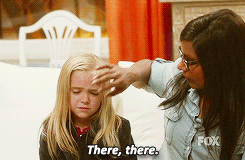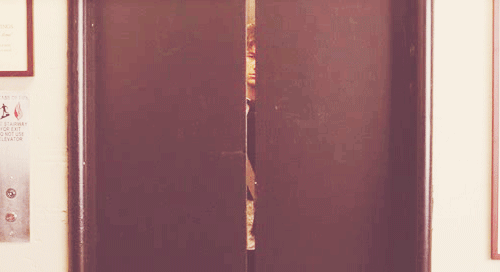In both lives, this one and the last one, I always found myself struggling to answer that seemingly easy question that always came up in conversation: Who are you?
Having spent a lot of time with the subject matter and observing the history of, it always came as a shock to me when I came up empty handed attempting to answer a simple question about myself. Straining my brain for the answer never helped, neither did asking others (because we all know there are two sides to every story and even more sides to forming perceptions of personal identity - four to be exact). Only able to really see it from my side of the glass, I found myself dumbfounded and narrow sighted.
Who was I [before]? Who am I [now]? and Who do I want to be[in the near future]?
These were all tenses of that same question that hedged my investigation to define myself. Did these questions exist on a continuum or did they exist in isolation, completely separate from each other? I guess that would have to depend.
And then it hit me one Thursday afternoon in the confines of my media planning class.
By this definition I used to be a lot of things, productive not being one of them. As it was, I used to consume a lot of useless media in my past life. Not to say that this is a bad thing - in my opinion it is a good thing to consume a healthy dose of Jersey Shore with a side of Citytv News. The only problem was that I only ever did the former and never the latter. A consistent exposure to such media left my brain in the dark and my neurons free to pursue other things like... absolutely nothing or death.
As it is currently, at Sheridan in the Advertising program, I'm exposed to a rich variety of material. Forced to keep up with the marketing/advertising times and relevant material featured on class slides, I am slowly becoming an advertising specialist.
As I have mentioned in a previous post: profound are the ways our environment shapes us. As active consumers left to our own demise, we are lucky that we get to choose that environment. This information is particularly useful from a marketing or advertising standpoint. What we (consumers) do in our actions gives insight to: our personal goals, interests, aspirations, personality, humour ; it's the crystal ball providing a holistic picture of ourself.
And that, kids, is why media is so important.
ABOUT THE AUTHOR
A SELF PORTRAIT THROUGH THE TIMES:
Following the format of my other posts, please enjoy these gif's - they provide a timeline of personal media consumption; letting you know a little bit more about me and where I'm coming from.
Who was I [before] : A child who watched a lot of whatever was on TV at the time .... [ the lazy thug]
Who am I [now] : A bit awkward and competitive in nature. [Mrs.Cooper-Lahiri]
Who do I want to be[in the near future]: Awesome [the dream state]
Also, happy Monday!
A SELF PORTRAIT THROUGH THE TIMES:
Following the format of my other posts, please enjoy these gif's - they provide a timeline of personal media consumption; letting you know a little bit more about me and where I'm coming from.
Who was I [before] : A child who watched a lot of whatever was on TV at the time .... [ the lazy thug]
Who am I [now] : A bit awkward and competitive in nature. [Mrs.Cooper-Lahiri]
Also, happy Monday!











